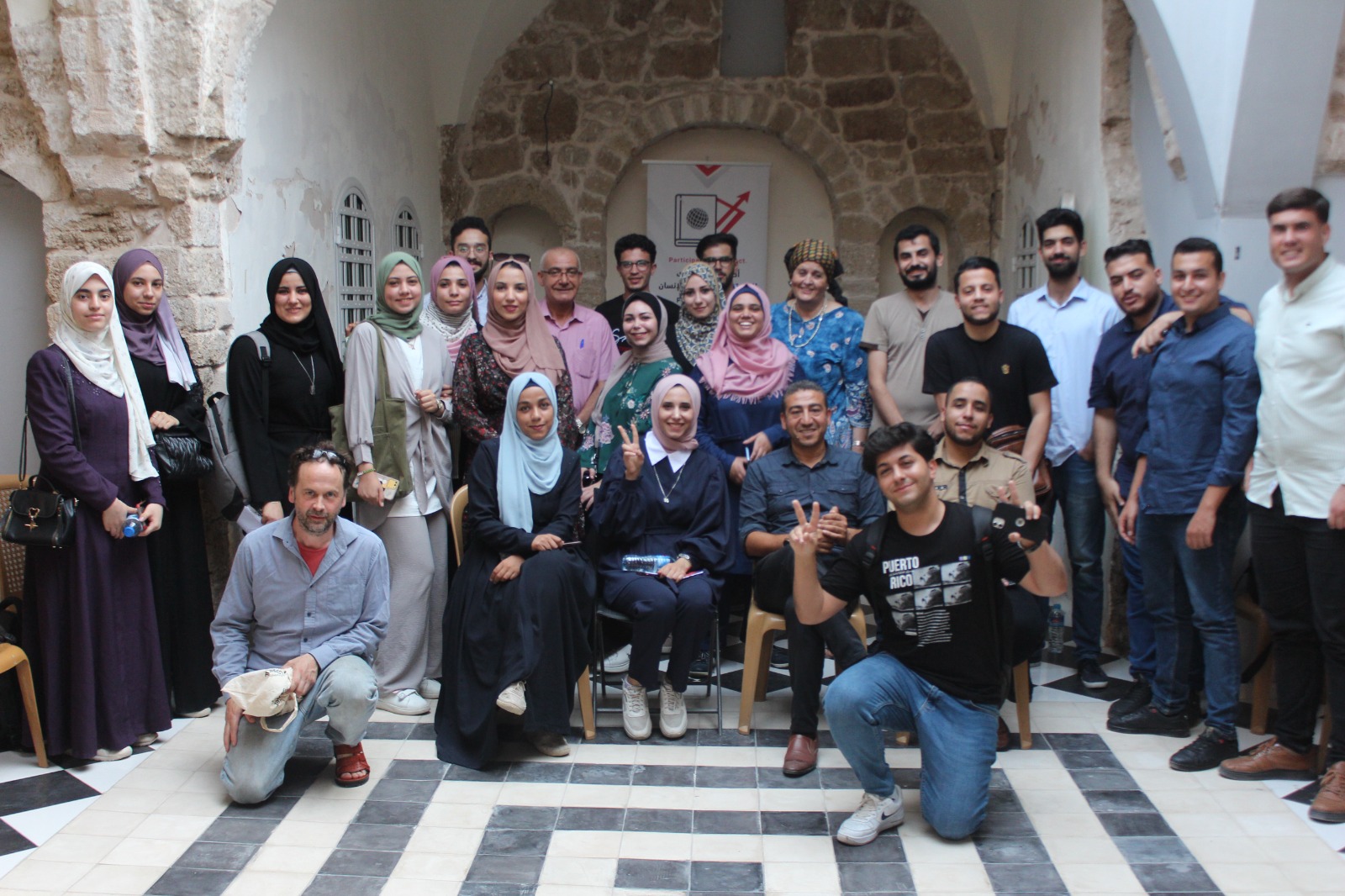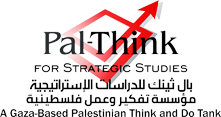Pal-Think, Shaghaf Initiative hold discussion session on ‘Nelson Mandela: The Unconquerable Soul’

Pal-Think for Strategic Studies and Shaghaf Initiative have organized a discussion session on “Nelson Mandela: The Unconquerable Soul” novel by Lewis Helfand as part of the Pal-Think Academy for Democracy and Human Rights project activities.
Attended by a number of passionate young men and women, the discussion session was moderated by the Director of Shaghaf Yousry Al-Ghoul, who welcomed the attendees and stressed the importance of such sessions in raising young people’s awareness on, and benefiting from, other countries’ experiences.
“Today, we are reviewing the life of a global icon who made great influence and inspired all thinkers and researchers who analyzed this experience,” Al-Ghoul said.
In turn, Pal-Think Director Omar Shaaban thanked the attendees and stressed that his think-tank is constantly working on drawing inspiration from international experiences that have had a prominent role in spreading democracy, human rights, equality, and justice.
Through the Forum for Democracy and Youth Dialogue, Pal-Think is conducting a series of activities and events that aim at developing the skills and knowledge of young people in democracy and human rights issues, he said.
“The forum holds monthly sessions reviewing books and films related to democracy and human rights and encourages its members to prepare research papers and studies on the reality of democracy and human rights, in addition to a number of other activities,” he said.
He added that the two young women presenting the novel today are members of the forum, which reflects Pal-Think’s keenness to provide the opportunity for both young males and females to transfer the skills and knowledge they acquire to their peers.
The discussion session was concluded with some interventions and questions. The attendees stressed that it is necessary to draw inspiration from international experiences, such as Mandela’s, to benefit from them locally, especially in light of the current Palestinian conditions.
As a child, Nelson Mandela had to rely on himself and help his family after the death of his father. He had to move to another village, where its leader adopted him and supervised his education. Mandela was one of the few blacks to receive education.
Mandela grew up to be a passionate young man, motivated by the speeches of tribal leaders, as he attended their meetings and loved their ideas about rising against racial discrimination practiced by occupied whites against indigenous Africans. He studied law and English in the best universities in Africa and learned many skills while making connections with people who shared his anti-injustice and anti-racism ideology.
He and some of his companions founded the anti-apartheid African National Congress Youth League. Due to his activism, he was imprisoned several times on fabricated charges to limit his influence.
Mandela founded an armed group and began mobilizing global support for his cause in response to the violence of the government against indigenous people.
He worked on forming a resistance front capable of standing up to injustice and discrimination until he was arrested and imprisoned for more than twenty years. He spent his time in prison consolidating the concepts of democracy and rejecting discrimination.
Meanwhile, local and international demands emerged for the release of Mandela until President Frederic Willem de Klerk began negotiating with him in prison, but Mandela insisted on his famous saying “only free men can negotiate.” Mandela was released from prison, and after negotiations, South Africa witnessed the first democratic elections in which black and white were equal, and everyone had the right to vote.
Nelson Mandela subsequently became the country’s first black president, saving the South African society from disintegrating, thereby earning the Nobel Peace Prize in 1993.



 Home
Home Literature
Literature Studies
Studies Reports
Reports Book
Book International Conventions
International Conventions Links
Links Academy News
Academy News Opportunities
Opportunities Networking
Networking Your opinion
Your opinion